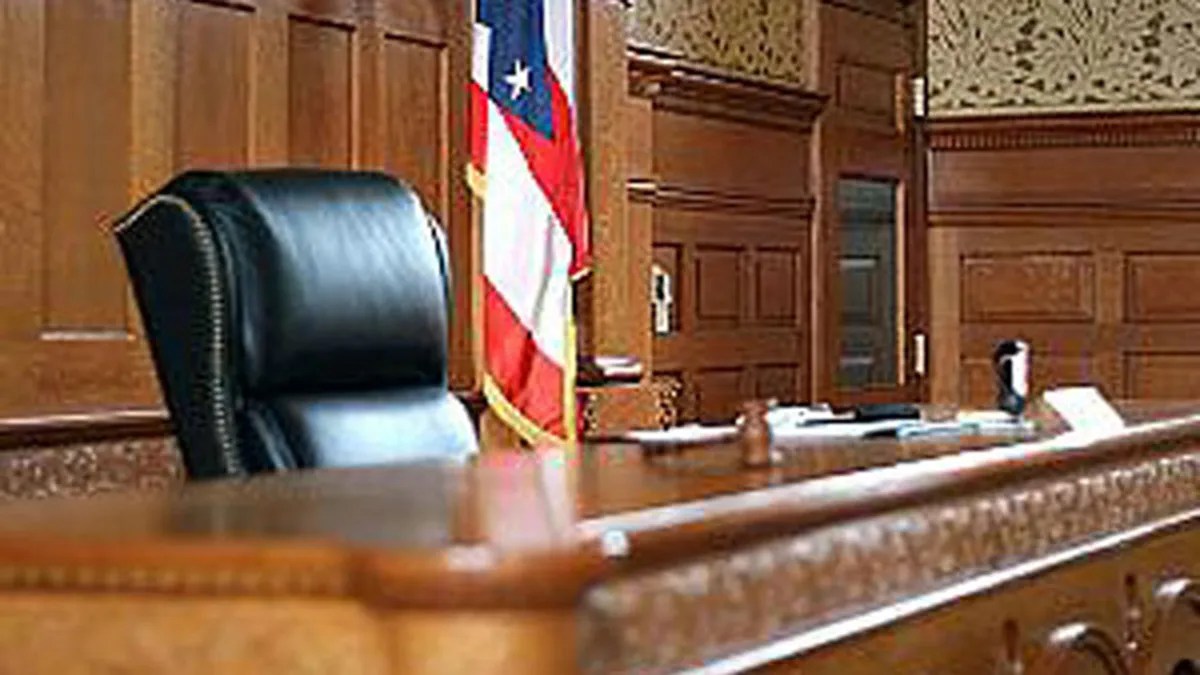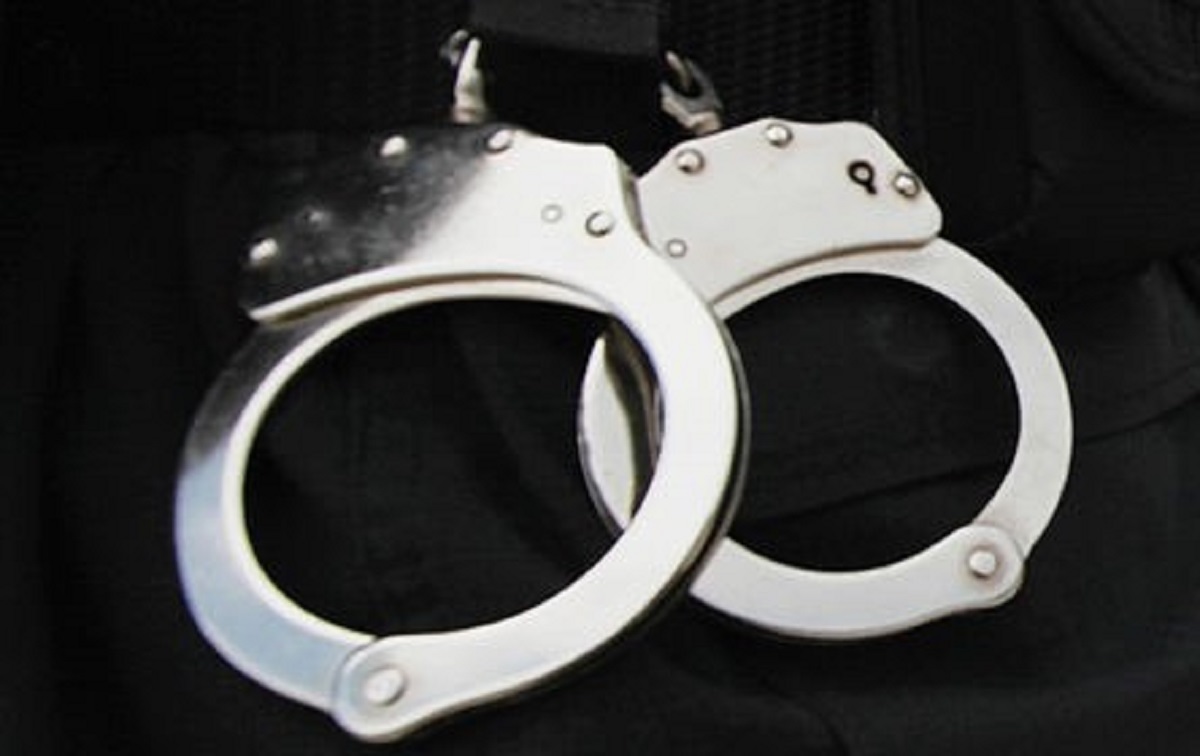Hours after he unleashed the harshest attack ad of New York's mayoral race, Joseph Lhota stopped in Borough Park, Brooklyn, to greet potential voters. He looked stern and focused, saying hi without introducing himself, sipping orange juice through a straw.
Stumping for votes calls for a certain amiability and enthusiasm, but Lhota did not appear to be enjoying himself. He was trailing by more than 40 points in the polls, and the night before, his opponent, Bill de Blasio, had battered him in their first debate. He was now back on the offensive with the new television spot, which warned that de Blasio would drag the city back to its high-crime past. Democrats were demanding he take it down.
"Why would I do that?" Lhota told reporters following him on 13th Avenue, a busy commercial strip for the Orthodox Jewish community. "It's the truth."
Lhota sipped his juice. His acidic, street-fighting side — the traits that drove his rise through Wall Street and local government — was surfacing.
He called de Blasio "vacuous" for bashing him instead of talking the issues, and a liar for likening him to hard-line Republicans. He said he regretted not being more aggressive in the debate. He vowed not to let up.
"I'm going to keep talking about the truth. I'm going to continue to have ads that show him to be exactly who he is," Lhota said.
He continued up the street, chatting with passersby and ducking into businesses, talking shop and cracking jokes. But the pleasantries felt forced. With three weeks until Election Day, the tone of his campaign seemed to have shifted to a more businesslike approach focused on two daunting challenges: bring down his more popular opponent, and get voters to understand that he was the candidate with more experience running a city.
Local
The son of an NYPD officer, Lhota grew up in the South Bronx and Long Island, and says he was the first of his family to go to college. He went into investment banking, specializing in municipal finance, and entered government work in 1994, under Mayor Rudy Giuliani. Lhota worked his way up from a mid-level economic development job to deputy mayor for operations, a position that put him in charge when Giuliani was out of town. On 9/11, Lhota rushed to the scene and helping direct the city's recovery for months afterward.
After Giuliani left office, Lhota returned to the private sector, including stints as an executive at Cablevision and Madison Square Garden. In 2011, he was named chairman of the MTA, where he resigned early this year to run for mayor. He lives in Brooklyn Heights with his wife and daughter.
In 2006, Lhota was diagnosed with lymphoma, which he says was the result of his working at ground zero. He says he's now cancer-free. People who know him say his life-or-death tests haven't softened him, but they help him manage the daily struggles of being a GOP candidate in a city where Republicans are outnumbered by Democrats six-to-one.
The crux of Lhota's pitch is that he is the more genuine candidate — and the more authentic New Yorker — who can be trusted to handle crises, stoke economic activity and keep the crime rate down.
He argues that his support of charter schools and police stop-and-frisks, his fiscal conservatism and his moderate stances on social issues (marijuana legalization, abortion, gay marriage) put him in line with ordinary New Yorkers.
"Whether it's dealing with public safety, whether it's dealing with schools, whether it's dealing with the fiscal problems of the city of New York, New Yorkers are on my side," he said at an earlier appearance. "And I've got to get the message out there, and they'll see it."
But Nov. 5 isn't far away. And Lhota doesn't appear to be a man bothered by Election Day's rapid approach.
He rarely schedules more than one or two public events a day. He doesn't linger any place very long. He makes small talk, says "nice to see you" and "thank you" and "good luck" and moves on. He politely declines offers of snacks, or small gifts.
At a stop at a Borough Park soup kitchen, he practically had to be pushed behind the counter for a photo op of him ladling chicken and potatoes. Invited to address union workers who helped rebuild 4 New York Plaza in Lower Manhattan after Hurricane Sandy, Lhota spoke for one minute and barely mentioned his own widely praised handling of the storm response at the MTA. At the Columbus Day parade, he began marching a half-hour or so early, leaving reporters scrambling to keep up.
Lhota says the long odds don't concern him. He points out that Mayor Bloomberg trailed badly in the polls a couple weeks before the 2001 election, and that de Blasio himself spent much of the Democratic primary campaign in the middle of the pack.
But Lhota is not a billionaire like Bloomberg, and his campaign rhetoric has not drawn the same appeal as de Blasio's populist message. Bloomberg also had less ground to make up -- a poll Oct. 24, 2001 found him 16 points behind his Democratic opponent, Mark Green.
And so, as each day passes, Lhota's quest to keep a Democrat from winning office for the first time since 1989 looks more like a dogged climb.
"I'm as optimistic as anyone could possibly be," Lhota said. "I will work as hard as I can and do whatever I need to do to win this election."



